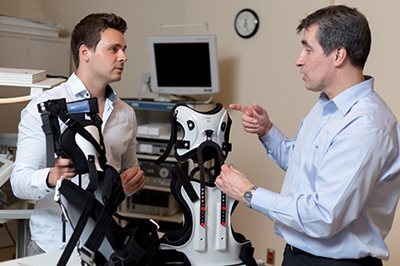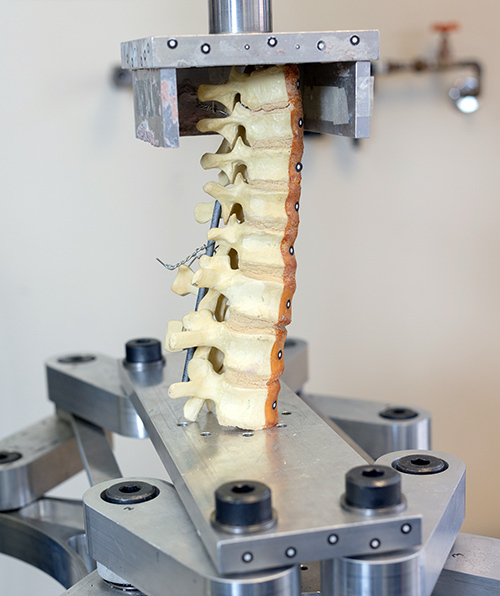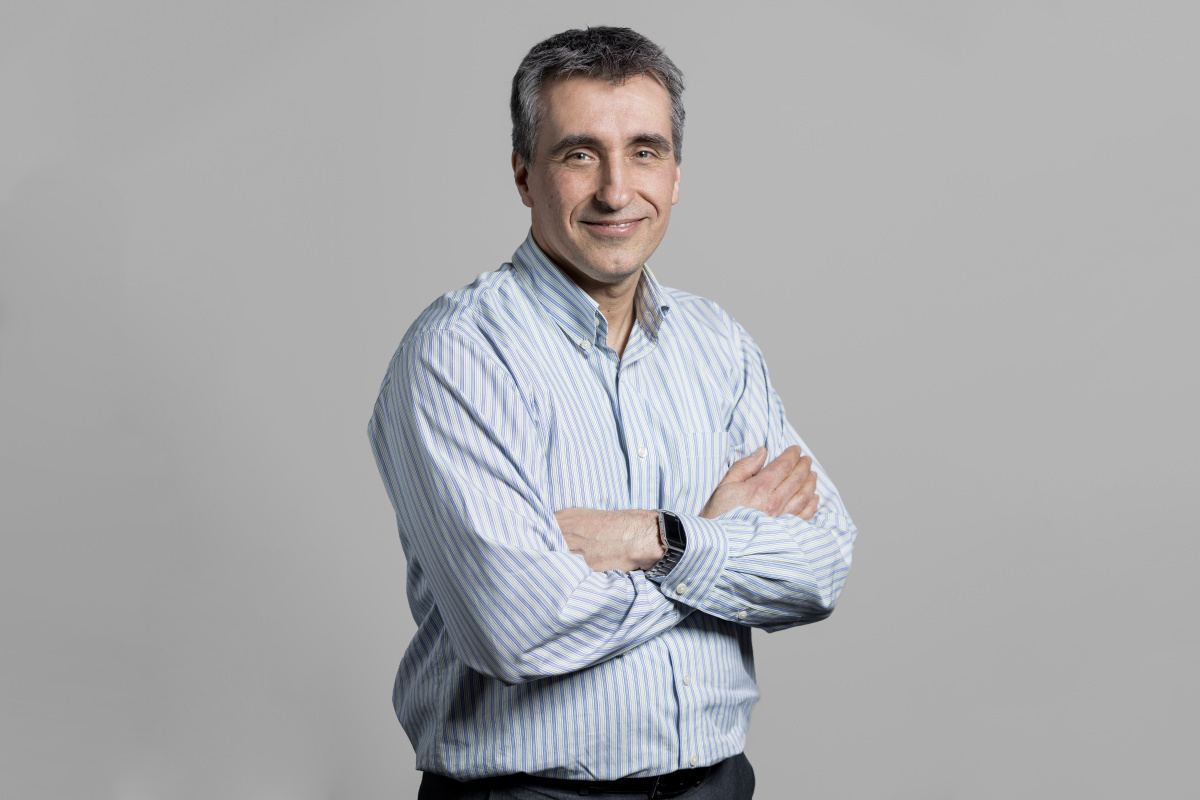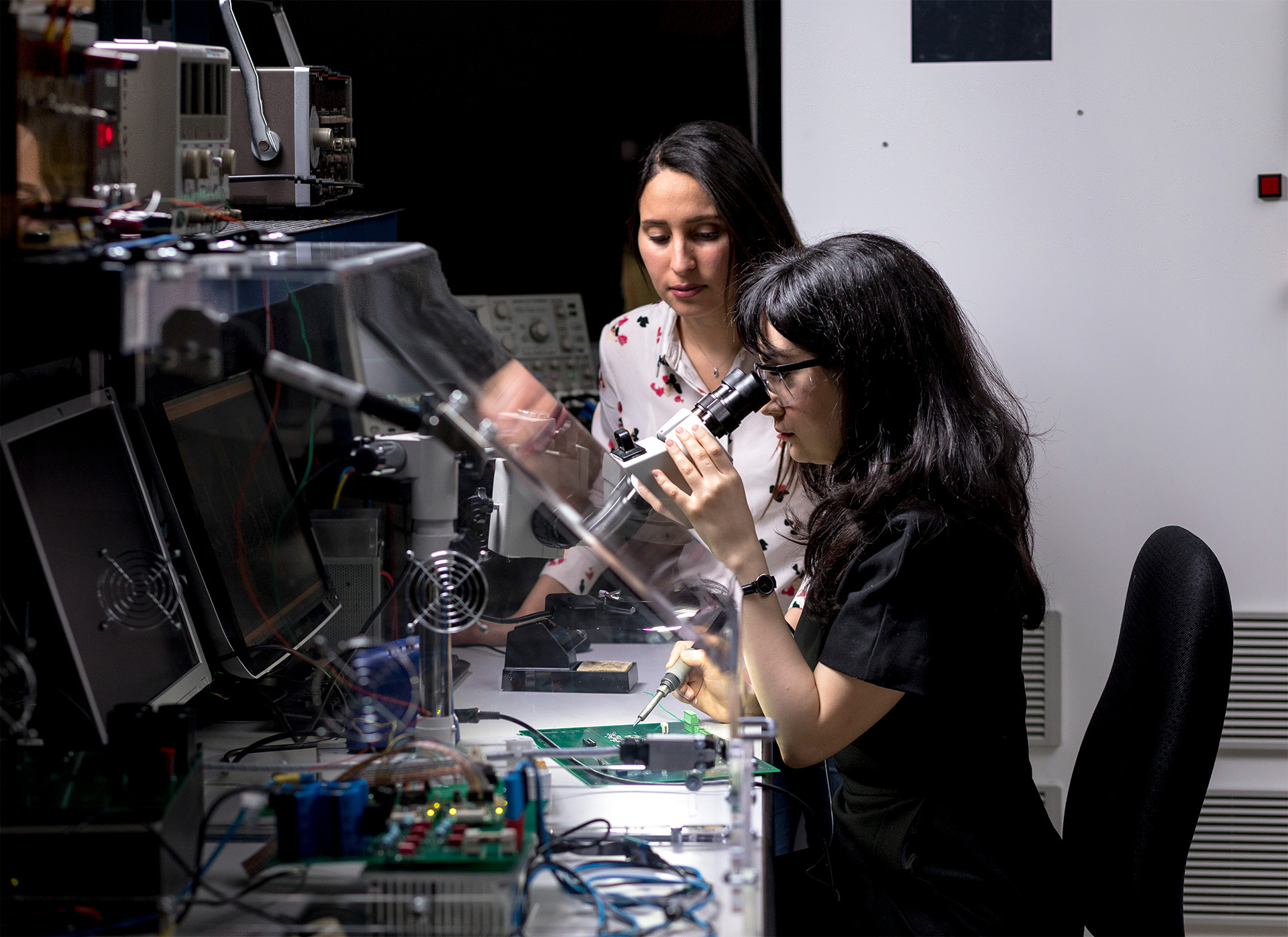About the Chair
Considering the duration and complexity of the rehabilitation process, head and spine injuries are among the leading causes of physical and psychosocial handicaps, not to mention the financial burden they impose on the healthcare system. In light of this, it is important to increase research into these types of complex injuries in order to improve understanding of them and develop new preventive and therapeutic tools.





